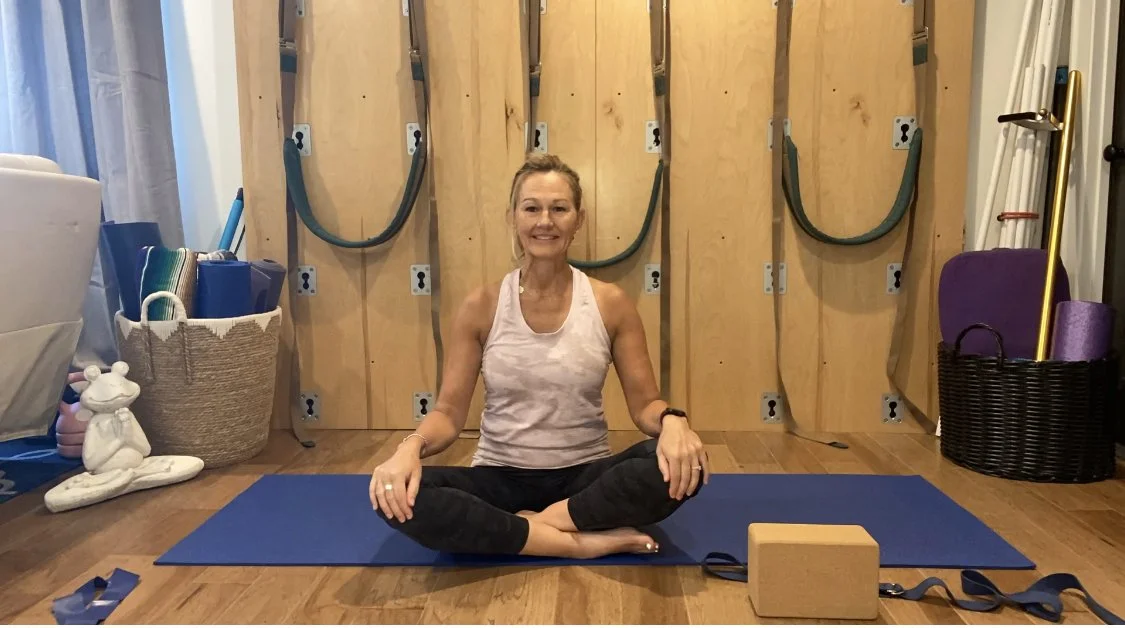Women’s health issues can be difficult to talk about. Discussing embarrassing symptoms with a partner, spouse, or doctor can be traumatic for a lot of women, causing many conditions to become chronic and difficult to treat. But that doesn’t need to be the case. Are you struggling with?
Urinary or fecal leakage
Constipation
Pain with intercourse
Bladder issues or interstitial cystitis
Bowel issues including IBS
Endometriosis
Pregnancy related issues
Postpartum pain/tearing/diastis recti/cesarian recovery
Perimenopausal changes/dysregulated sleep
Low back or hip pain
Pelvic pain of any kind
If you are experiencing these symptoms you are not alone. Nearly every woman will experience at least one of these issues at some point. When this happens, the underlying issue is the health of the pelvic floor. The pelvic floor plays a crucial role in several bodily functions, including bladder and bowel control, sexual function, and stability in movement. However, issues such as pelvic pain, incontinence, and sexual dysfunction can have a significant impact on quality of life. Fortunately, physical therapy effectively and holistically addresses pelvic health symptoms and typically leads to a symptom free life.
Understanding Pelvic Health
The pelvis is a complex network of muscles, ligaments, and connective tissues that support the organs within it. When these structures become weakened, strained, or imbalanced, various pelvic health issues can arise. Common conditions include pelvic floor dysfunction, urinary or fecal incontinence (leakage when you laugh, cough, or sneeze is NEVER normal!), pelvic pain syndromes, and sexual dysfunction. These conditions can affect women of all stages of life including prenatal , postpartum , and perimenopausal. Other symptoms can manifest as IBS, chronic constipation, abdominal pain, lower back and hip pain, and other issues that don’t seem to resolve with conventional treatments.
How Can Physical Therapy Help?
Pelvic floor physical therapy focuses on assessing and addressing the musculoskeletal components of pelvic dysfunction as well as the nervous system. As a trained pelvic health physical therapist , I will perform a thorough evaluation to identify the root causes of your symptoms. Utilizing external and internal assessments to evaluate muscle strength, flexibility, and coordination within the pelvic region, together we will develop an individualized treatment plan tailored to your specific needs.
How are Pelvic Floor Issues Treated?
1. Pelvic Floor Muscle Training: Weak or tight pelvic floor muscles are often at the core of pelvic health issues. Breath work is used to affect the nervous system along with targeted exercises to strengthen or relax these muscles, depending on your condition.
2. Manual Therapy Techniques: Hands-on techniques, such as myofascial release or trigger point release, are used to address tight or painful areas within the pelvic region. Other treatments include dry needling and cupping to promote blood flow and healing.
3. Biofeedback: This technique helps you to gain awareness and control over your pelvic muscles by providing visual or auditory feedback on muscle activity. It aids in retraining the pelvic floor muscles to function optimally.
4. Education and Lifestyle Modifications: Learn valuable information regarding posture, body mechanics, dietary changes, and bladder/bowel habits. These lifestyle modifications can have a significant impact on pelvic health and overall well-being.
What are the Benefits of Pelvic Floor Therapy?
1. Improved Pelvic Floor Function: By targeting the underlying causes of your pelvic health issues, you will gain control over your pelvic floor muscles, leading to improved bladder and bowel control, decreased pain, and increased sexual satisfaction.
2. Enhanced Quality of Life: Pelvic health issues can significantly impact daily activities and personal relationships. Physical therapy offers a non-invasive and holistic approach to manage these issues, restoring your quality of life and overall confidence.
3. Prevention and Education: Pelvic health physical therapy is not only for those already experiencing issues; it can also serve as a preventative measure. By receiving proper pelvic health treatment and preventive exercises, women can maintain optimal pelvic health throughout their lives.
Pelvic health is an integral part of overall well-being, and physical therapy plays a vital role in addressing pelvic health concerns. By offering a comprehensive approach that combines education, targeted exercises, and lifestyle modifications, pelvic health physical therapy empowers individuals to regain control over their symptoms and return to the life they love! If you are experiencing any pelvic health issues, don't hesitate to contact Kaye Sharp MPT, WHC for a comprehensive evaluation and specialized care. Remember, investing in your pelvic health is an investment in your overall well-being!












